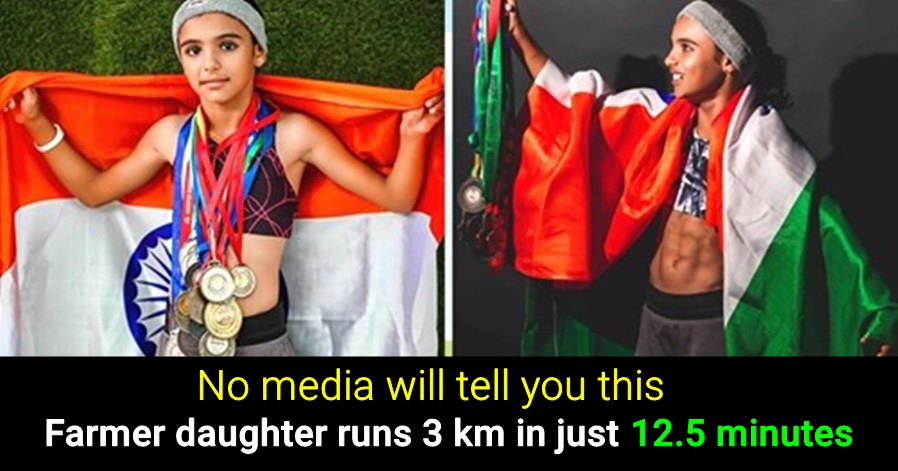No products in the cart.
Diplomatic win, China agrees to withdraw forces from LAC- peace is likely on Indo-China border
There has been significant progress in the long-running border dispute between India and China. India and China have reached a new agreement to withdraw their troops from the Line of Actual Control (LAC) and resume patrolling.
Reportedly, this agreement is related to patrolling in the Depsang and Demchok areas. According to other sources, patrolling has started in the conflict between Depsang and Demchok and soon both countries will start withdrawing their troops, which is called disengagement in military terms.
Foreign Secretary Vikram Misri assured that the consensus reached between the two countries is gradually resolving the conflict that arose in eastern Ladakh in 2020.
This agreement on the border dispute has come before the BRICS meeting. The news of this agreement came before the 16th BRICS summit which is being held on 22-23 October, and before Prime Minister Narendra Modi’s visit to Russia. Indian and Chinese negotiators have been in touch for the past few weeks to resolve the remaining issues on the Line of Actual Control, the foreign secretary said.
Foreign Secretary Vikram Misri says both sides will now take the “next step.” The next step could be a meeting between Prime Minister Modi and President Xi Jinping at the BRICS summit.
Indian and Chinese troops clashed in the Galwan Valley in eastern Ladakh on June 15–16 2020. 20 Indian soldiers were killed and about twice the number of Chinese soldiers were also killed. However, China’s People’s Liberation Army never released official figures about its soldiers. Relations between the two countries have remained tense since this incident.
The withdrawal of troops from Depsang and Demchok is being seen as an important initiative towards establishing peace on the border. This step not only indicates reducing tension on the border but also brings stability in the relations between the two countries. Now it remains to be seen how the process of patrolling progresses and whether it gives a new direction to India-China relations.








